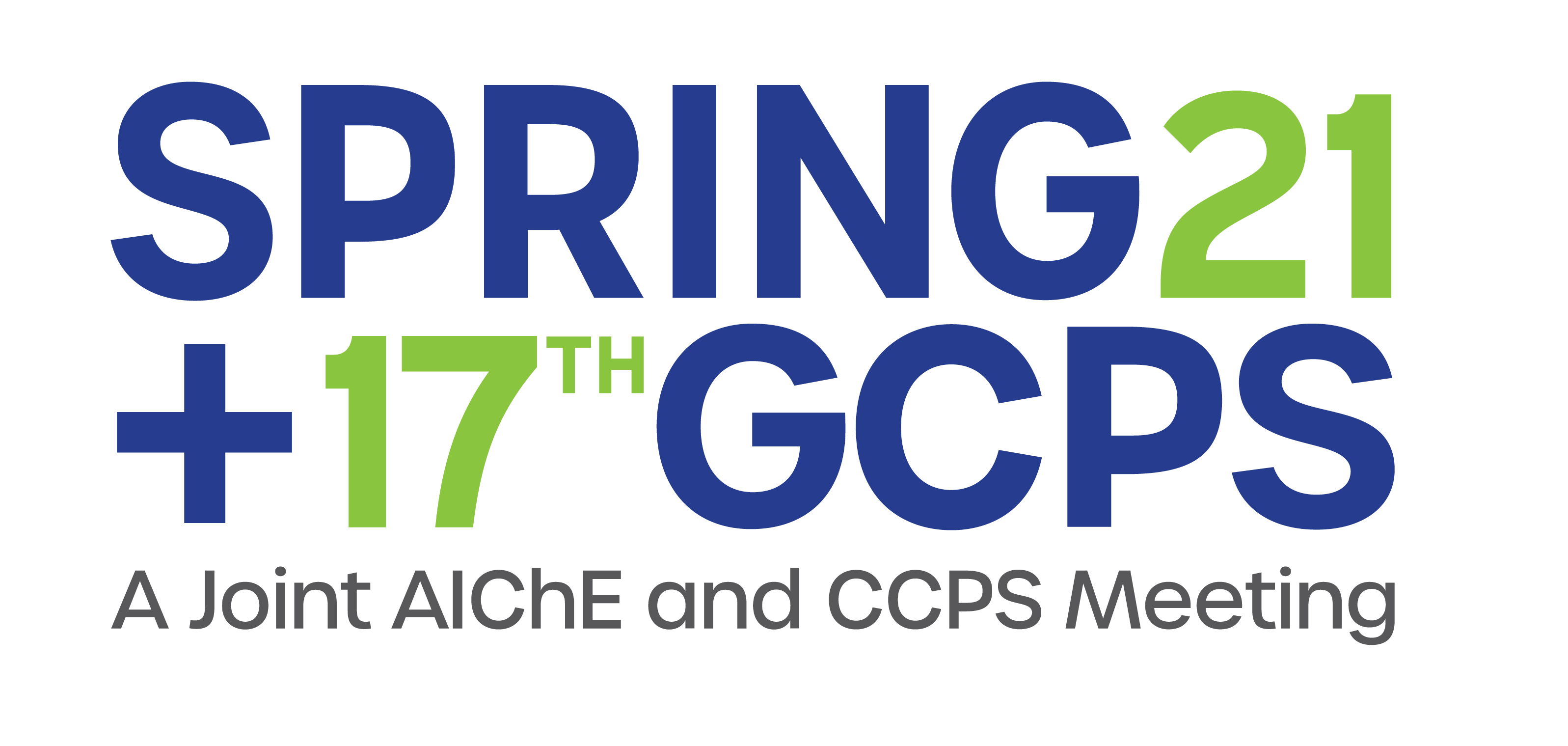

In this research, the Mettler Toledo RC1 Calorimeter, an isothermal calorimeter, is used to investigate thermal hazards associated with reaction systems found within the process industries, particularly oxidation reactions. This provides useful data at the lab scale that can be used for safe process scale up as well as analysis of hazards to identify necessary layers of protection to be implemented. As oxidation reactions tend to be highly exothermic, thorough understanding of the reactive chemistry mechanisms is critical for scaling up the reactions for use in industrial settings.
For this work, the oxidation reactions of 2-butanol to 2-butanone and 2-pentanol to 2-pentanone, which are catalyzed by titanium silicalite-1, are investigated. For these, the reaction temperature, reactant quantity, and catalyst quantity are varied. The effects of these changes on the temperature profiles, heat release rates, and maximum adiabatic temperature increases are investigated. Based on these results, potential hazards are identified and methods for safely scaling up these reactions are proposed.
